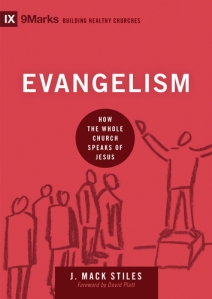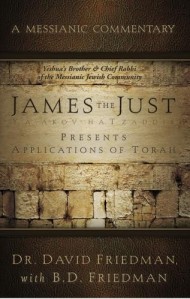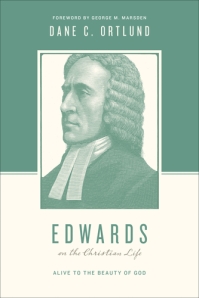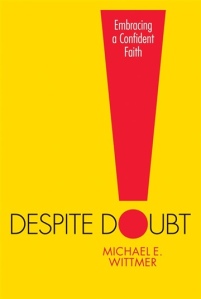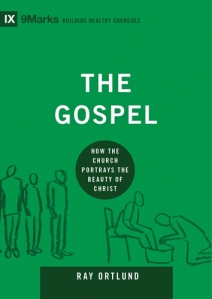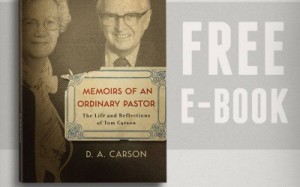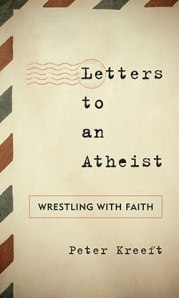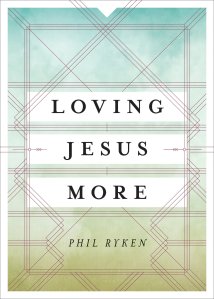With the deluge of homosexuals “coming out” combined with the ferocious publicity and offence from the LGBT community, I’m sure most readers would at least know or are acquaintances with at least one or a few of them. The pressing question most faithful Christians wants answered is how do we love these neighbours of ours? We neither want to dilute God’s clear truths written in the bible about this topic, nor do we want to be seemed as unloving, bigoted or intolerance as the social media portrays us to be. So what can we do?
 The first thing we could do, would be to buy and read this book. I must say when I first saw this book, I greeted it with much skepticism as I found it hard for myself to hold on to God’s teaching and be very loving to the LGBT community, but as I read, I found that this book would really help us christians on this topic.
The first thing we could do, would be to buy and read this book. I must say when I first saw this book, I greeted it with much skepticism as I found it hard for myself to hold on to God’s teaching and be very loving to the LGBT community, but as I read, I found that this book would really help us christians on this topic.
Within this book, Glenn Stanton, the director for Family Formation of Focus on the Family gives christians a well grounded teaching on what marriage is, how for us chrisitans to love our LGBT family, friends, church mates or colleagues.
First, Stanton very helpfully explained the term LGBT, along with the various connotations that goes along with it, such as queer, questioning, intersex, and ally, to help readers be aware of what these terms mean (or do not mean), and also the nuances between some of them.
Then Stanton moves to an elaborate definition of marriage which forms the backbone of the whole argument of what we as christians can or cannot do. Stanton also very perspective help the readers see that in some situation, christians are often presented with false choices, situation or scenarios that presents to us choices that are both equally bad, an example that was shown within the book was along the lines of “Either accept all of me, even my personal convictions, or we can’t be friends.”
Next, Stanton moves on oh how we can deal with different situations in our lives and how the biblical principles works out in a day-to-day context. Stanton then move to discuss about situations most would face in 3 areas, friends, homes, society. This is where the book really excels, because Christians hold on the biblical meaning of marriage as Stanton explains in the first part of the book, Christians are able to navigate through the many dilemmas that are presented to us using this undervalued institution. Many a times, Stanton shows us, the way to approach any of such situation is to ask, “Does what it entails violated any of God’s teaching of marriage?”. For example, one of the question raised within the book of whether we as christian can attend an same-sex wedding, or can we bless the same-sex marriages of your very own son/daughter.
However, Stanton is not always consistent with this approach, on one section, he says that it is not right for them to allow same-sex partners to have adoption parities on their centre, but it is ok for them to provide the venue for the birthdays of the children of same-sex parents (pg. 185), again on page 189, he says that it is not ok for service provides (e.g bakery) to provide cakes for same-sex marriages, but it is fine if it’s an anniversary. I see no big differences between the 2 situations as the birthdays and anniversaries, commemorates exactly what the christians support, namely, the definition of what is a family, or what is a suitable environment for a child to grow in.
Please do not be turn off by the two issue I raised, this area is sorely missed by books that have come out in the past and Stanton does provide many much-needed help in this area. So I do encourage any christian who wants to grow in knowing how we can love our LGBT in a practical and biblical manner to read this book. I predict that this book would be the go-to book in the near future for most christians dealing with this topic.
Rating: 4.5/5
If you're interested, you can get it here, and here (free international shipping), Kindle.
Disclaimer: I was given this book free from the publisher in exchange for an honest review.
